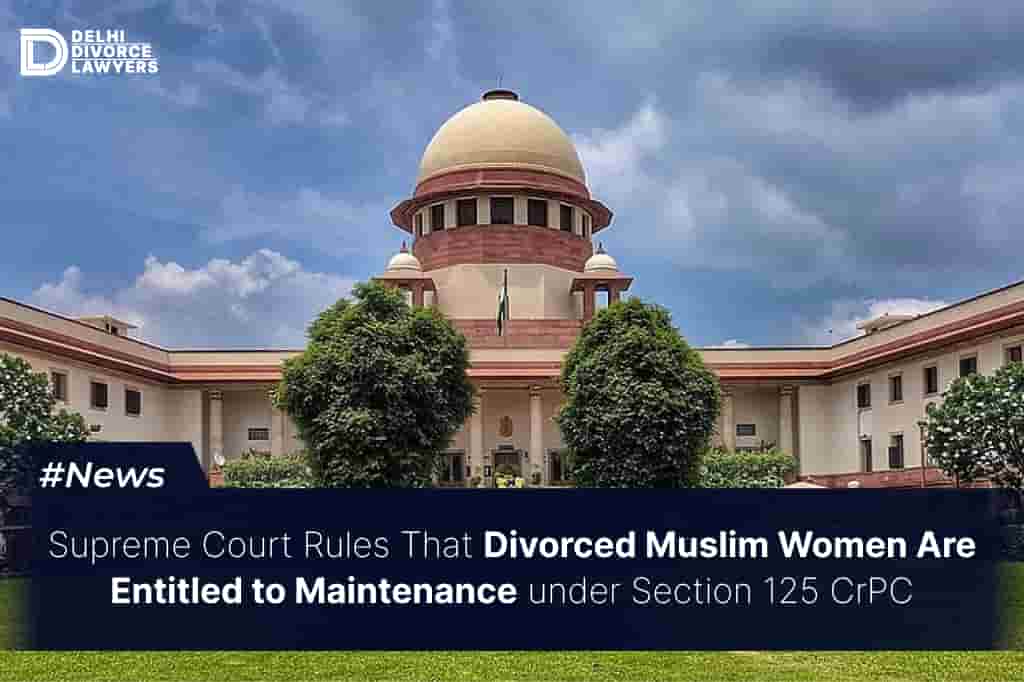A bench of Justices BV Nagarathna and Justice Augustine George Masih pronounced separate but concurring judgments.
Recently, the Supreme Court affirmed the entitlement of divorced Muslim women to claim maintenance under Section 125 of the Criminal Procedure Code (CrPC). This ruling was prompted by the case of Mohd Abdul Samad vs State of Telangana and anr. Justices BV Nagarathna and Augustine George Masih, who constituted the bench, delivered separate but concurring judgments. They upheld the right of Muslim women to seek maintenance following a challenge by a Muslim man against a Telangana High Court directive to pay ₹10,000 as interim maintenance to his former wife.
“We are hereby dismissing the criminal appeal with the major conclusion that Section 125 CrPC would be applicable to all woman and not just married woman,” Justice Nagarathna said pronouncing the verdict.
The Court further clarified that if a Muslim woman’s divorce occurs while her application under Section 125 CrPC is pending, she may seek relief under the Muslim Women (Protection of Rights on Marriage) Act, 2019. By highlighting the alternative provided by the 2019 Act alongside Section 125 CrPC, the Court underscored its role in providing legal recourse.
The landmark Shah Bano case previously established that Section 125 CrPC is a secular provision applicable to Muslim women. However, this interpretation was later superseded by the validity upheld in 2001 of the Muslim Women (Protection of Rights on Divorce) Act, 1986.
The current case before the Supreme Court concerns a dispute over a claim initiated under Section 125 of the CrPC by the petitioner’s wife before their divorce. The issue arose from a Family Court’s order requiring the petitioner to pay interim maintenance of ₹20,000 per month, subsequently reduced to ₹10,000 per month by the High Court. The High Court also directed the Family Court to resolve the matter within six months.
The petitioner’s counsel argued that, according to the Muslim Women (Protection of Rights on Divorce) Act, 1986, a divorced Muslim woman is not eligible for benefits under Section 125 CrPC. They further contended that the 1986 Act offers more advantageous provisions for Muslim women.

